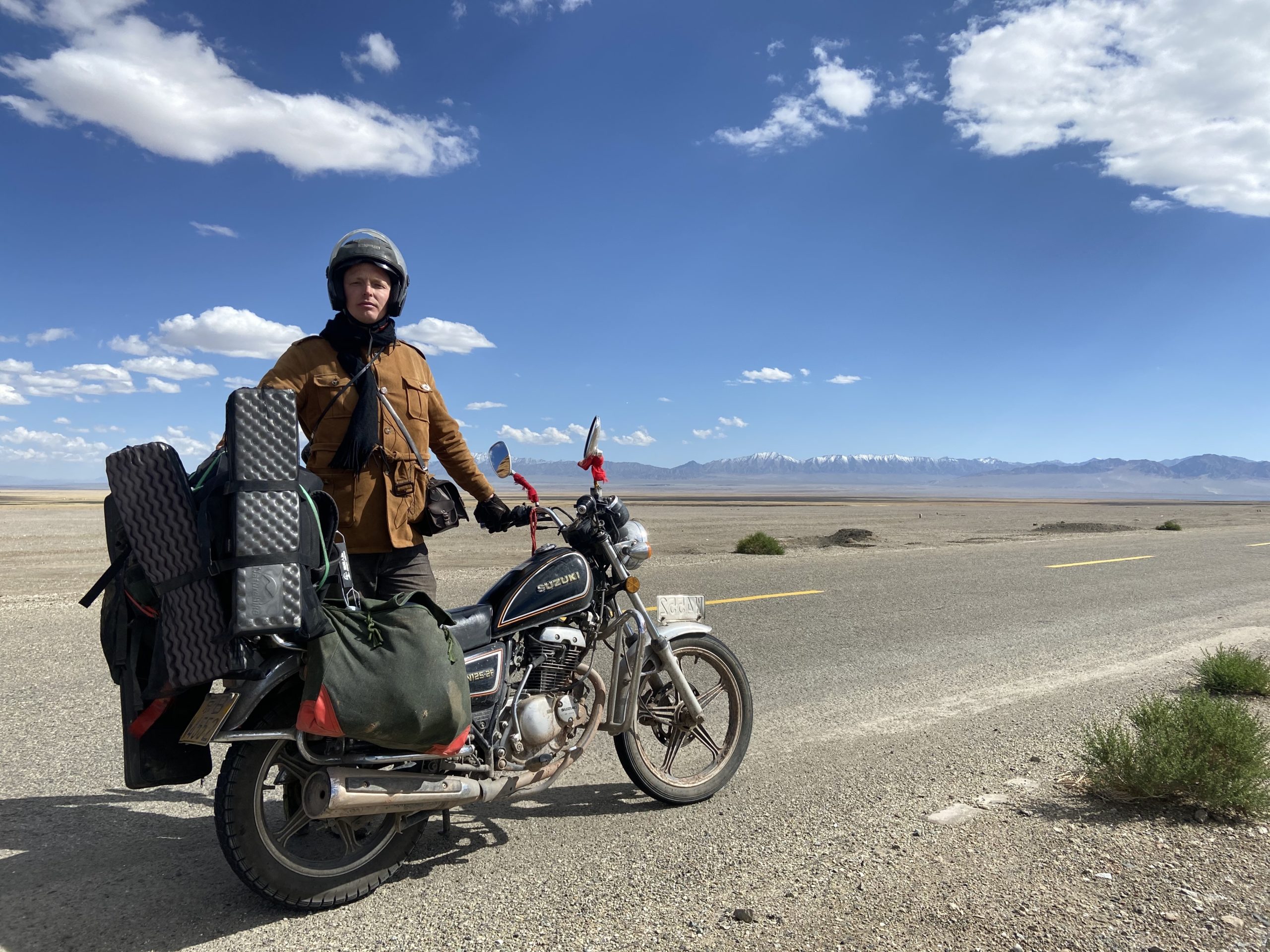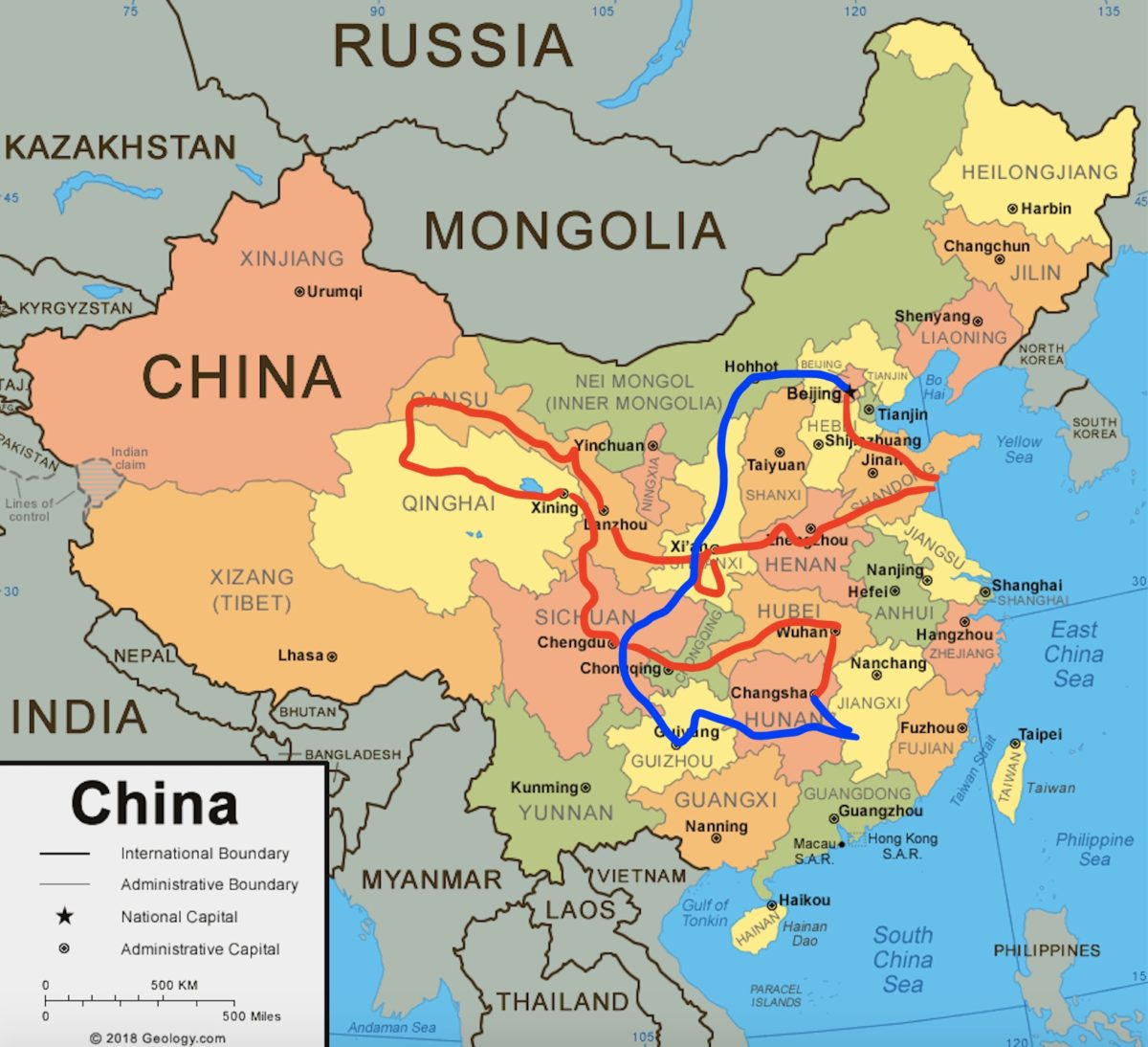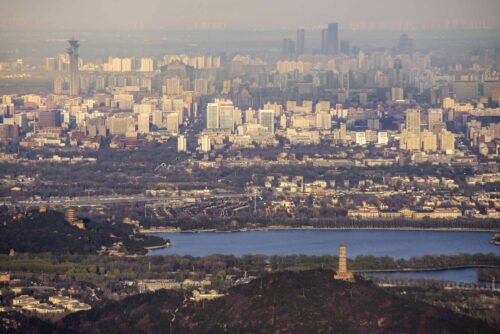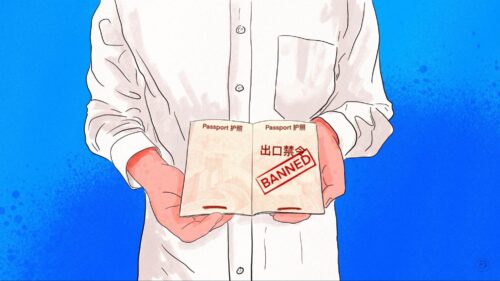Chasing the Yellow River across the heartlands of China
In early May, Mads Vesterager Nielsen set out on a planned five-month motorbike odyssey across China. Anxiety over coronavirus has slowed him down here and there, but only a little.

The frothing waters of the Yellow River thundered nearby. I had just arrived to Binzhou in Shandong Province — a city that was completely destroyed during catastrophic floods in the 1850s and subsequently moved inland, away from the flat farmlands around the lush banks of the river — after a mad 374-kilometer dash out of Beijing, over the plains of Northern China, encountering dust winds, village barricades, generous strangers, and scans of countless QR-based health codes. Entering the rivertown, I scanned yet another code at a hotel — ostensibly designed to indicate whether or not I posed a risk to locals — and once again, as always, it came up green. I was safe. I settled in at a meat skewer restaurant for a well-deserved beer. I had, after all, been on the road for the last 10 hours.
“You are not afraid of foreigners in your town?” I asked the restaurant owner.
There was an air of self-confidence about him. “I’m not afraid,” he answered calmly. “You must have been in China this whole time, otherwise you couldn’t have made it here.” He placed four cans of Taishan beer on the table and threw in two packs of Nanjing superslim cigarettes for good measure.
In general, people in villages and smaller Chinese cities turn their heads at the sight of a pale European guy strolling down their streets. But that’s even more true in these times. Media outlets are amplifying other countries’ virus-related problems, and in many places I was among the first foreigners to show up since China relaxed its various coronavirus restrictions.
“Do you like China?” the owner asked. The question felt like a jab out of the blue, the kind I’ve fielded before from beer-bellied nationalists. I expected a follow-up about how grand Chinese history is, how great its civilization, but he headed a different direction: “China is the safest country in the world right now.” I had to admit, yes: Besides the constant scrutinizing of QR codes and barrage of questions from locals, I did feel safe — at least from the virus.
On the road, I have encountered many generous and hospitable people, from local families taking me in for the night to strangers around street kitchens sharing meals with me and taking the obligatory selfies. I’ve also found that China’s effective response to COVID-19 has become a new arrow in the quiver of nationalists — but it’s usually only a mild annoyance.
I raced on through the Yellow River plains, driving farther and farther into the Chinese heartlands. Crops lined the country roads and stretched far into a terrain shaped by millennia of floods, agriculture, governance. Some village roads were still blocked by gravel, rubble, bricks, or awkwardly parked vehicles — placed there to seal off villages during COVID-19 lockdowns. But small paths had been carved around these barriers, with tracks from mopeds, motorbikes, and feet. I drove on through the plains and occasional hills of Shandong. The air was dry, the skies clear, and the sun relentless. People hung out of car windows, gave thumbs-up, and shouted HALLO! at me, followed by youthful smiles and grins.
Seven-hundred kilometers later, I entered the walled city of Qufu, the traditional home of Confucius. My mind was melting from a full day of dodging traffic left and right. “We need to confirm that you are allowed to stay here,” the female owner of a guesthouse next to the Confucius Temple said. This had become standard procedure by now, as foreigners were relegated to select establishments in the towns, and hotel owners did not want the hassle of checking in foreigners. She was talking to the local police over a WeChat group that was called “Guesthouse owners in Qufu.”
“What?!” she yelled into her phone. She turned toward me. “The police said it is better not to let foreigners stay here. That can’t be right at all!”
She continued talking. She proceeded to prepare copies of my passport, entry stamp, and green QR codes to the local police. I had checked with local authorities in Beijing prior to my departure and been assured that my QR codes would work all around the country, but those Beijingers didn’t count on the suspicion of local authorities. I’m reminded of that old saying: When the emperor’s far…
“They are nervous and they don’t want the trouble of registering you here,” the owner said. She picked up the phone and called the local police again. “Tell me,” she said to the person on the other end, “where are foreigners supposed to go if not an international guesthouse?”
I wandered into the yard behind the hostel and found two men, from Portugal and France, sitting with beers. They were students at a local kung-fu school and had just been let off campus premises for the first time in three months; they were enjoying the sunlight as though they had just emerged from underground caves after years of confinement, sipping their drinks. I walked back to the counter and the owner while she was just hanging up. “It’s all right, you can stay,” she said. “I don’t understand it. They are afraid that you might create a shitstorm on social media or something, but there shouldn’t be any problems for you to stay here.” She had been operating her establishment for 10 years and had never experienced anything like this before.
The next day, I continued west along the majestic Yellow River dikes on the northern banks of Henan Province. So many devastating floods have shaped the landscape in the Yellow River valley that the scars still remain. The former capital of Kaifeng was completely covered in yellow silt and mud in 1642 when Ming Dynasty troops fled the city as rebel leader Lǐ Zìchéng 李自成 approached, leaving only the Iron Pagoda — then situated on a hill — still standing. Today, from the top of the grand structure, the yellow waters continue their flow toward the Yellow Sea, with farmers threshing wheat by hand on the hard concrete of outdoor exercise grounds in villages nestled below the grass-covered sides of the dike.
I drove toward the world-famous Shaolin temples. As I scaled Mount Song, a Buddhist Shaolin monk sat beside the trail, just next to a cement fence that was dressed up to look like wood, guarding visitors from a 150-meter drop into the rocky shards below.
“We closed the monastery gates when the virus came,” he said, staring out over the rocks and forests of the granite massif. The place is usually swarming with tourists, but the seas of people have dried up for now. “These times too will turn back to normal, as they have done before. Then we can crawl down the mountain and open the gates to the world.”
I wanted to believe him, but I had a nagging feeling that we were in the midst of greater changes, still too early to judge. At least, that’s how I felt, zipping through the Chinese heartlands while phone apps tracked my movement. Then again, who am I to say? His hope relied on history, experience, and the memory of time: Over the centuries, this land had seen devastating floods, wars of all-encompassing destruction, political upheavals, and yet, here they still were. In this context, what’s a little coronavirus, anyway?

Mads Vesterager Nielsen is currently in the middle of a five-month motorbike trip across China, from the northeast to Gansu to Qinghai, and then following the Yangtze River through Sichuan, Hubei, and Hunan. He is currently in Wuhan, planning to eventually follow the Long March route back to Beijing.

You can follow his adventures on Instagram, @mads_vesterager.






